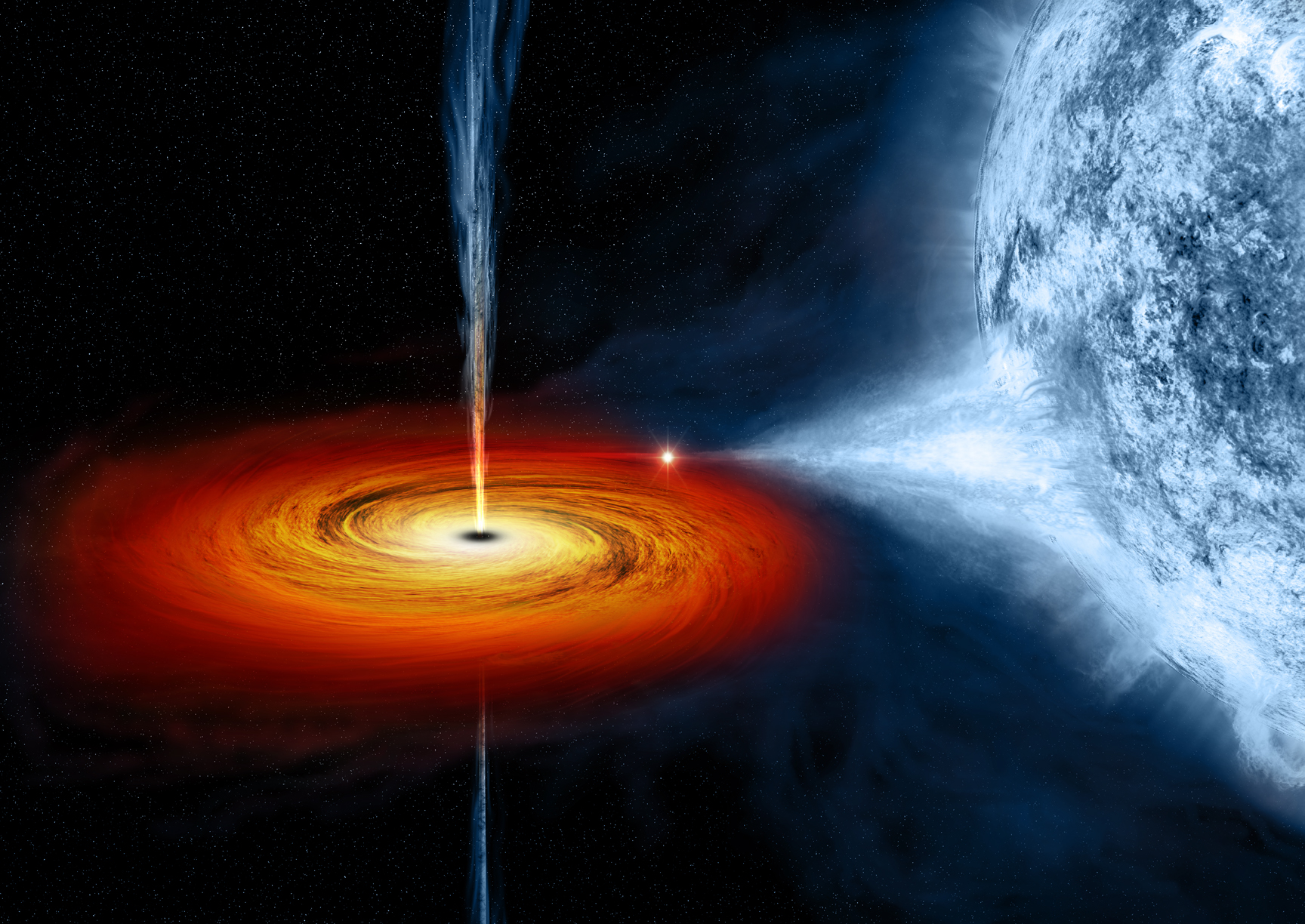Black holes, those enigmatic cosmic entities, have long piqued the interest of scientists and the general public alike. As we continue to make groundbreaking discoveries, our understanding of these mysterious phenomena expands. Here are five fascinating facts about black holes, followed by an update on the latest discoveries, the companies leading the charge in black hole exploration, and their predictions.
- Black holes bend space and time: Black holes are regions of spacetime with immense gravitational pull, so powerful that nothing, not even light, can escape once it has crossed the event horizon. Their intense gravity warps both space and time, giving rise to the concept of gravitational time dilation, where time runs slower near a massive object.
- Formation of black holes: Black holes are formed when a massive star, typically with a mass more than three times that of the Sun, undergoes a supernova explosion. The remaining core, unable to support itself against gravitational collapse, forms a singularity, a point of infinite density where spacetime curvature becomes infinite.
- Types of black holes: There are three main types of black holes: stellar-mass black holes, formed from the collapse of massive stars; supermassive black holes, millions to billions of times more massive than the Sun and often found at the centers of galaxies; and intermediate-mass black holes, with masses between the two extremes.
- Black holes can merge: When two black holes orbit each other, they can eventually merge, forming a single, more massive black hole. This process releases an enormous amount of energy in the form of gravitational waves, which were first detected by the LIGO and Virgo observatories in 2016.
- Hawking radiation: In 1974, physicist Stephen Hawking predicted that black holes are not entirely black. Due to quantum effects, they emit radiation, known as Hawking radiation. This process causes black holes to lose mass over time and eventually evaporate, although this would take longer than the current age of the universe for most black holes.
Black hole discoveries and the future of exploration: Scientists have identified over 50 confirmed black holes so far, with countless more predicted to exist. SpaceX, in collaboration with NASA and other international space agencies, is currently leading the charge in black hole exploration. Their cutting-edge spacecraft and advanced telescopes aim to uncover more black holes and deepen our understanding of these cosmic phenomena.
SpaceX predicts that within the next decade, they will have discovered hundreds of new black holes and gathered more data on their formation, properties, and interactions with surrounding matter. This research will not only help us understand the universe’s evolution but also has potential applications in the fields of energy, communication, and transportation.
In conclusion: Black holes continue to be a subject of fascination for scientists and the public, with new discoveries constantly reshaping our understanding of the universe. As companies like SpaceX push the boundaries of black hole exploration, we can expect to uncover more of these enigmatic entities and unravel the mysteries they hold. Stay tuned for more exciting news on black holes and the ongoing efforts to explore the cosmos.



